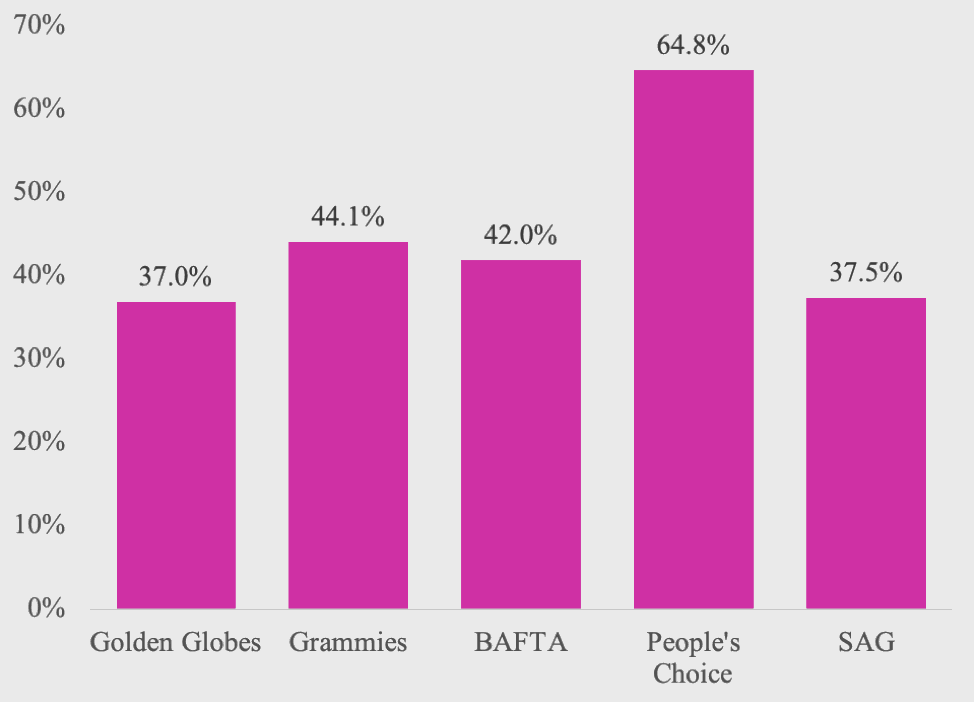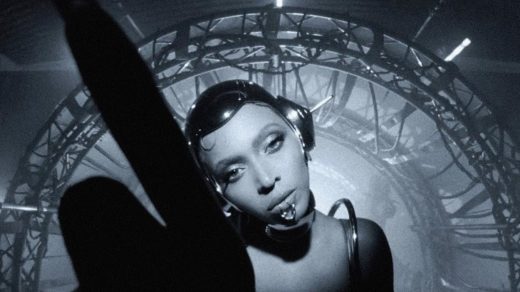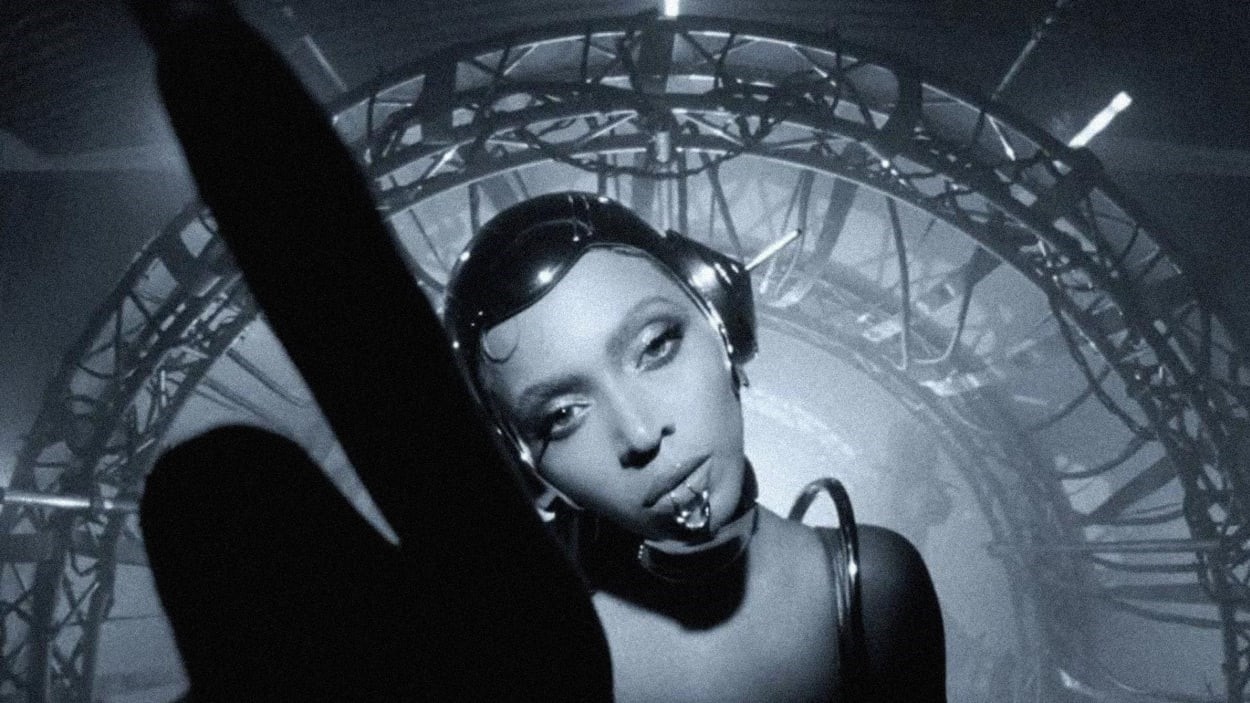It’s not just Barbie snubbed at the Oscars. This is how female talent got ignored during awards season
Many of us are still on a celestial high from the “Year of the Woman.” The higher-ups in corporate America, though, appear out to lunch. While the entertainment industry’s elite still favors content from traditional authorities and male actors, we the people thirst for more.
Barbie has been snubbed, battered, and bruised by industry powerbrokers and traditionalists in this year’s awards season. It’s as if the entire cast and crew are weird Barbie. Even the Oscars’ promo video had fun with these facts incorporating them into jokes ending in men screaming and women shrugging it off because nothing surprises us anymore.
The movies Barbie, the Taylor Swift Eras Tour concert film, and Renaissance, a film by Beyoncé, single-handedly breathed life back into movie theaters by walking them through a real renaissance in consumer engagement. Barbie was even kind enough to let Oppenheimer ride along on her coattails in a twisted arranged marriage called Barbenheimer.
The financial and decision-making power of those who came out to watch these shows—repeatedly—because they value the content, messages, and meaning is evidence that society is evolving. Mainstream content is becoming more appealing to a broader swath of consumers. Yet, in a world where excellence is determined in the eye of the beholder, industry leaders appear at odds with public values for the best artistic entertainment.
The economist in me needed to quantify my frustration, so I did the math. I collected data on award winners from this season’s awards shows and calculated the percentage of awards given to women. I found that between industry powerbrokers and the public, there is an almost 30-percentage point gap (37% compared to 65%) in recognizing female talent as the best. Even in a year where female talent and content carried the industry’s successes, only two in five awards went to women in awards shows where industry elites were left deciding the best.

Let’s start with The Golden Globes, which had a total of 27 awards, nine of which went to women alone (37%) and two of which went to mixed-gender groups.
Barbie got snubbed by the foreign press on numerous occasions but ended the night with a pick up for Cinematic and Box Office Achievement—a new, “novel” award developed to recognize the public’s preferences for movies that speak to them even when the foreign press would not. Best Original Song in a Motion Picture went to Billie Eilish’s “What Was I Made For.”
A better question might be who was the movie made for because it clearly wasn’t for the foreign press elites who may not understand feminism or value the experiences of women in today’s world.
Oppenheimer ruled at the Golden Globes. Yet, my experience watching it alongside Barbie left me frustrated and upset. It ignored the rich value and depth real women brought to that storyline. Women were silent and given minor roles as partners or librarians. And watching it directly after Barbie, a movie that bubbles over with the depth and wonder of the lived experiences of girls and women, left me angry and depleted.
The Grammys gave more hope, I thought, shining through with an arguable year of the woman theme. On screen, women were winning left and right. Not so much when I crunched the numbers. There were 94 awards with only 31 of them going to women alone (33%), and another 21 awards (22%) going to mixed-gender groups. It turns out that the Recording Academy of the United States gives out lots of Grammy awards not shown on the television broadcast—and most of them still end up going to men.
As I prepared to watch the People’s Choice Awards, I scrolled through who won in the BAFTAs. Oppenheimer swept (eye roll), while Barbie left, once again, empty-handed. BAFTA didn’t impress with around 42% of its awards (eight) going to women alone and five going to mixed-gender groups.
It turns out the People’s Choice Awards, given by and for the people, still gives hope that women’s talent and entertainment content can garnish their worth in gold—at least among the masses. Around 65% of its awards went to women alone (28) and one went to a mixed-gender group. Barbie won five awards in the People’s Choice, and Taylor Swift won four.
The Screen Actors Guild (SAG) Awards gave accolades, fashion, and a high proportion of awards divided by gender. But, when allowed to go all out for big artistic talent, it stuck closely to stories depicting men’s view of the world, with only 38% of their 16 awards favoring women actors and women’s content.
In a Swiftynomics economy where women’s economic power drives today’s entertainment industry, executives might want to take their cue from the NFL and adjust their worldview to better align with women’s purse strings.
As we approach the 96th Academy Awards, Greta Gerwig and Margot Robbie didn’t even make the ballot for best director and best actress, respectively—in a way that perfectly depicts why we needed the Barbie movie in the first place.
To the Academy of Motion Picture Arts and Sciences, I say, in a world eagerly giving flowers to all our Kens, choose a Barbie. We know you can do it, and we the people are rooting for you.
(8)



